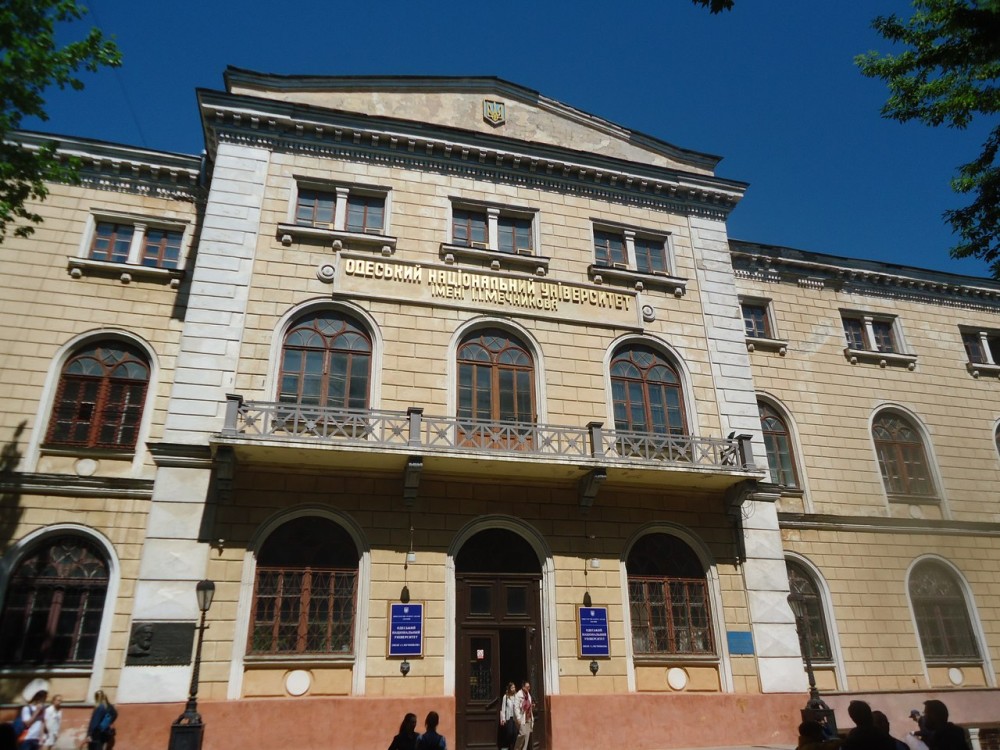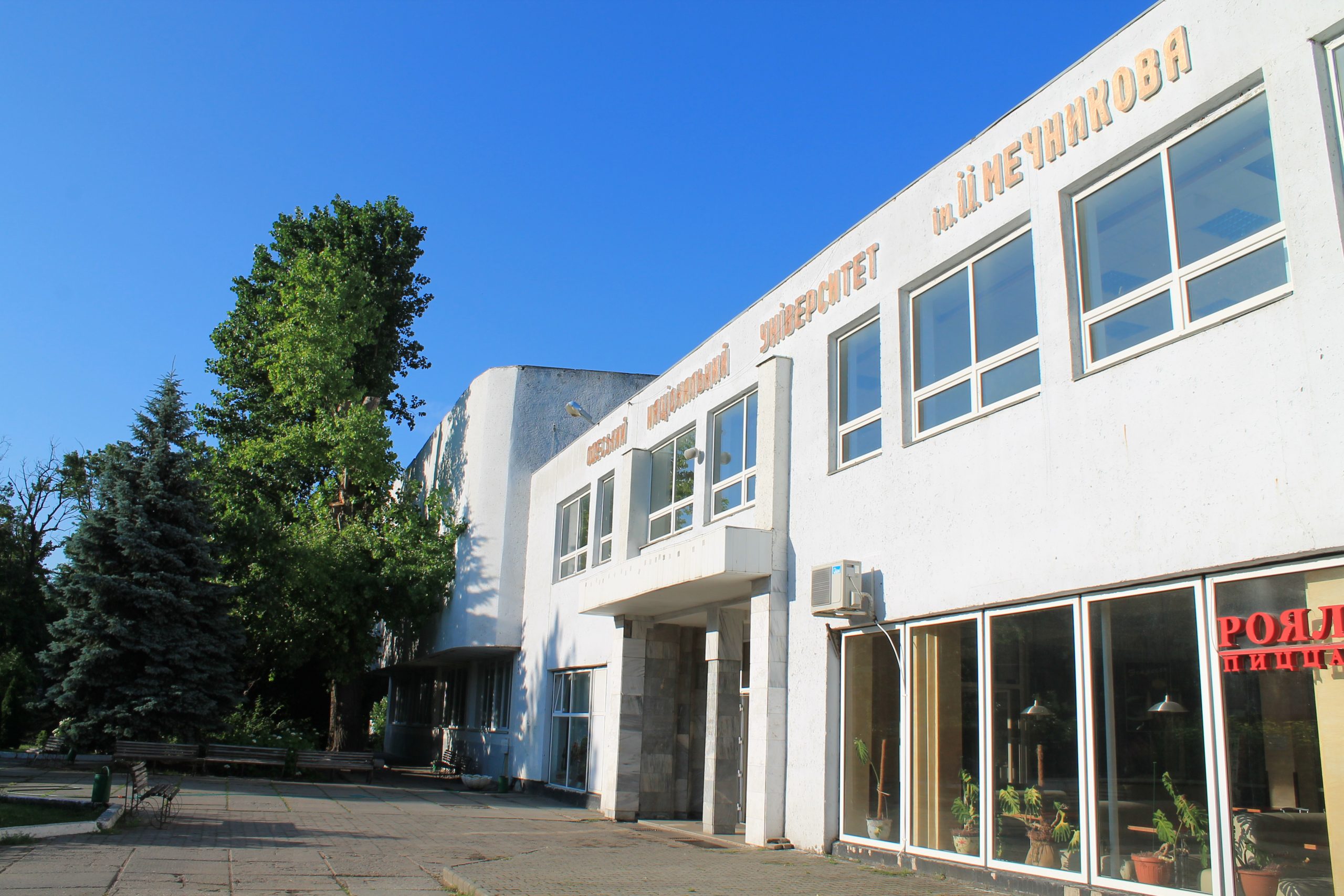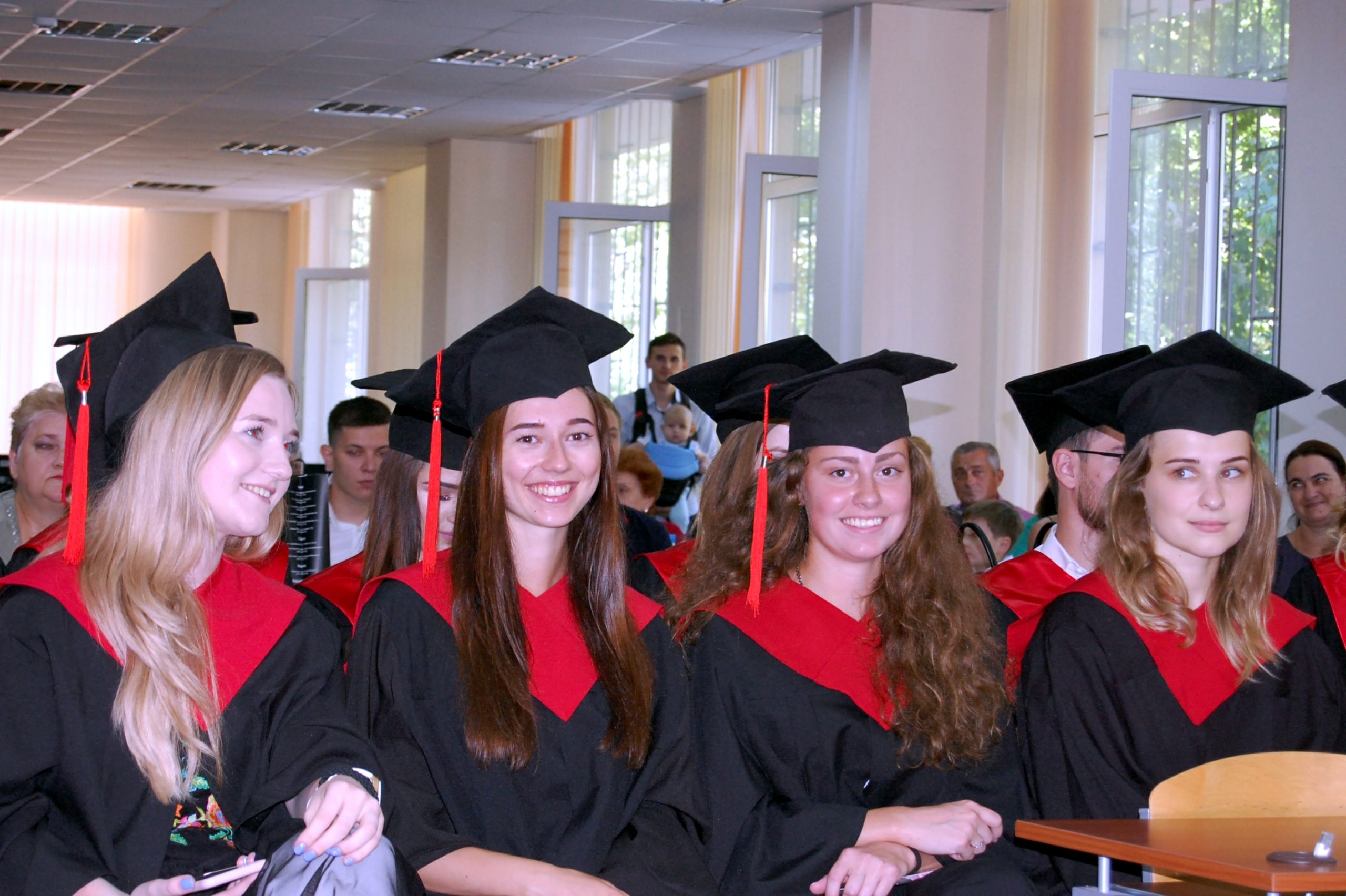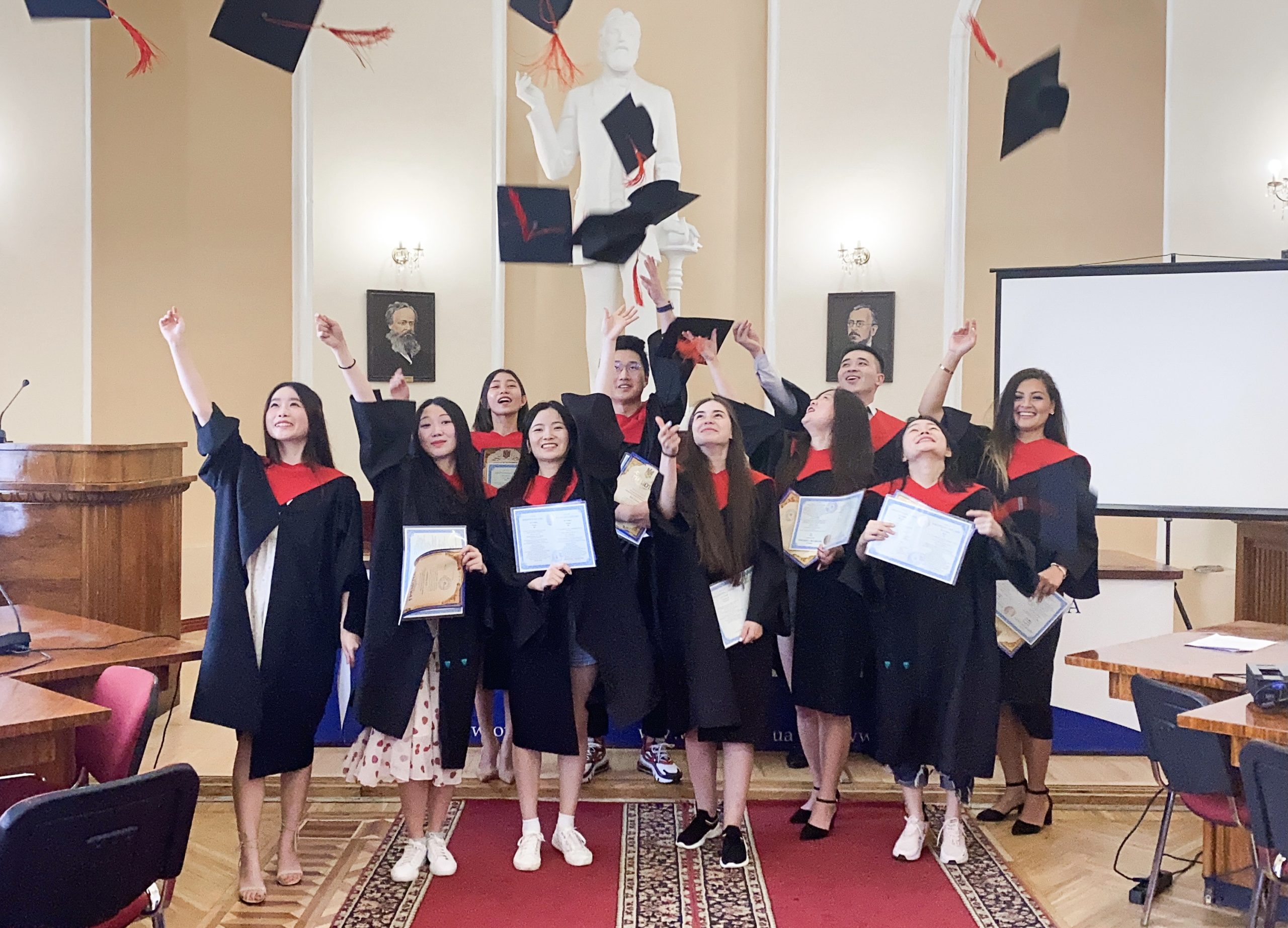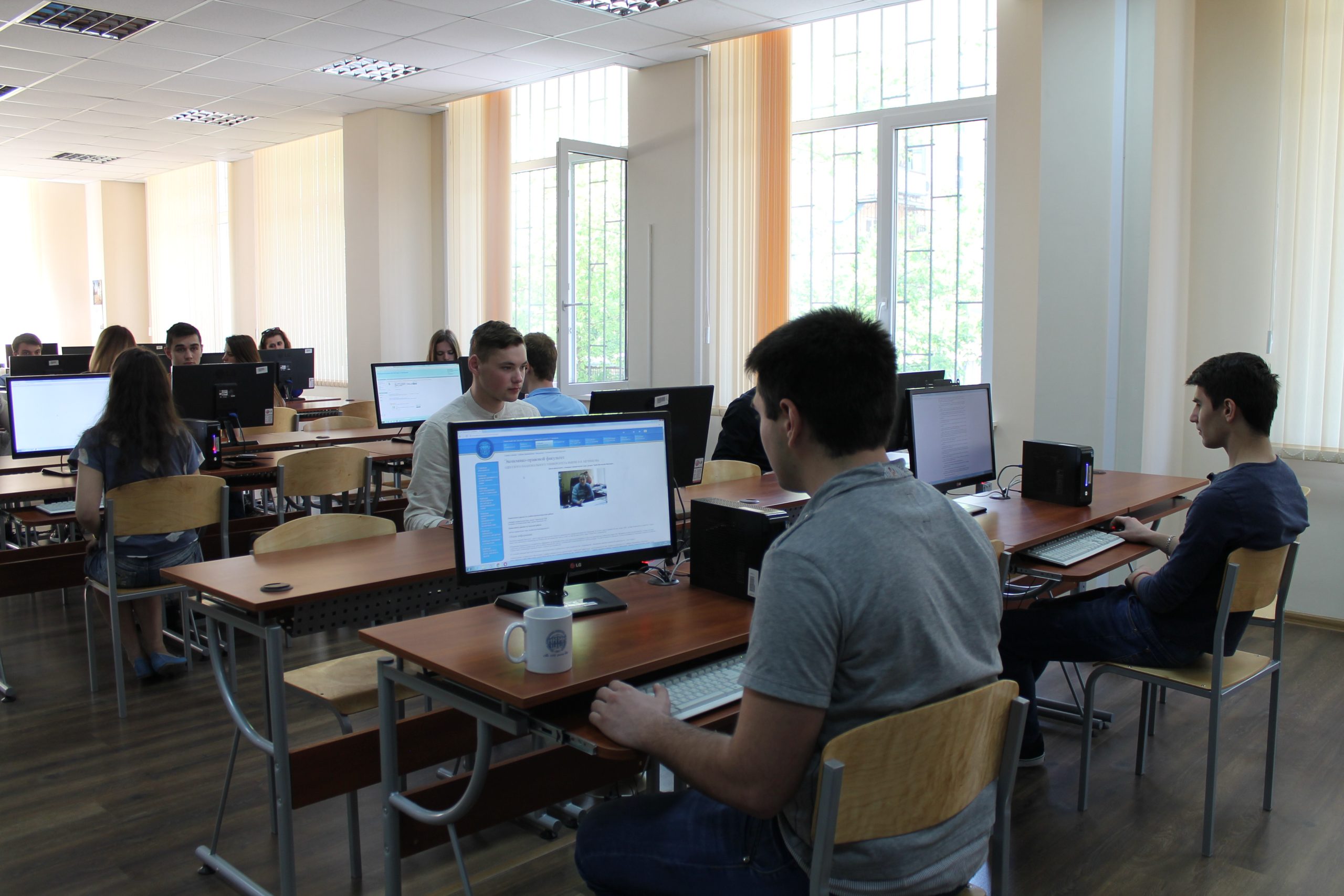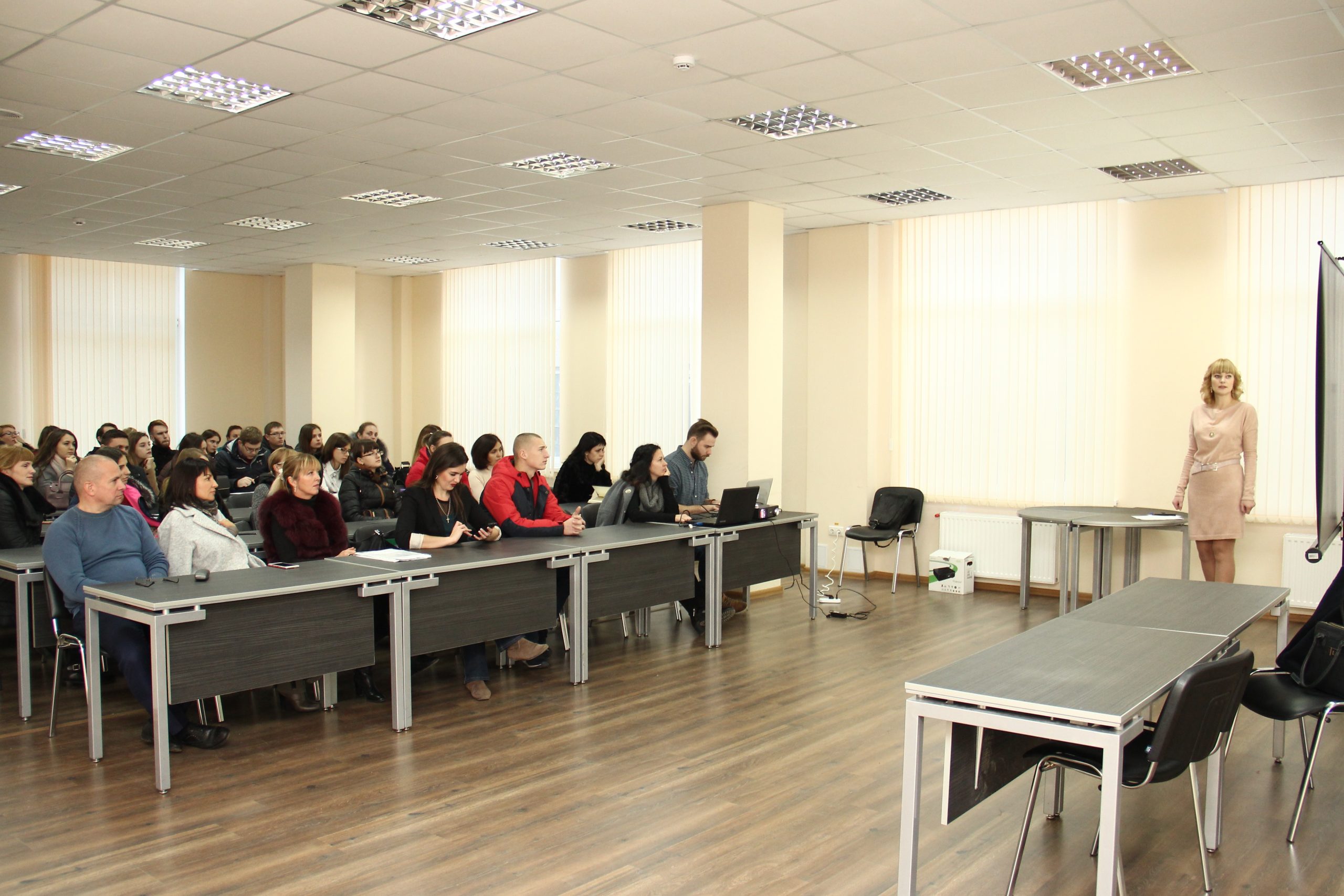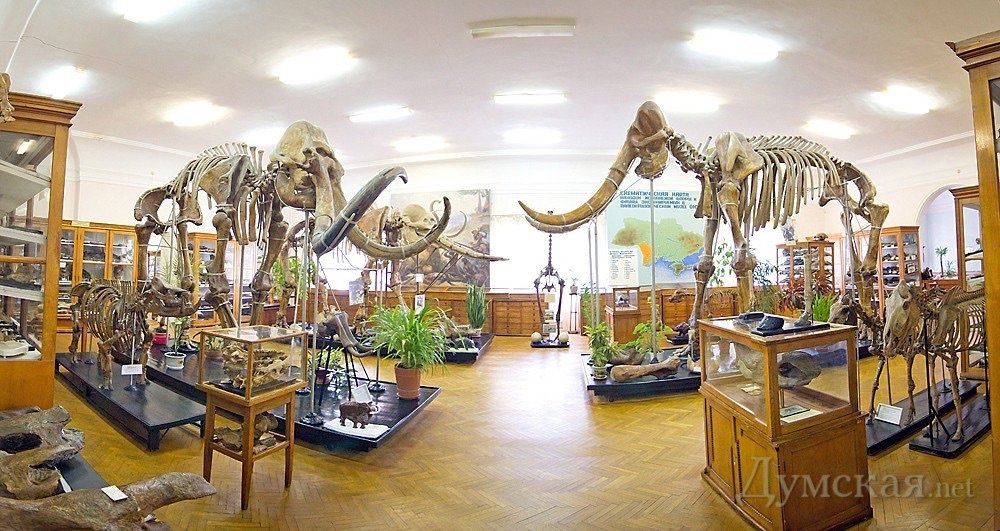Odesa I. I. Mechnikov National University (ONU), founded in 1865, is the leading scientific and educational centre of modern Ukraine, the first higher education institution in the southern region of the country. Among ONU’s staff, there are more than 20 academicians and corresponding members of state and sectoral academies, 18 honoured workers of science, education, culture, 12 winners of state awards and other national awards, almost 120 doctors of sciences, professors, more than 600 candidates of sciences, associate professors working in almost 100 departments. Every year, the university holds several dozen international conferences, publishes several hundred monographs, textbooks and manuals, and thousands of scientific articles. The university trains specialists on the basis of the relevant licence in 20 areas and more than 40 specialities.
ONU takes an active part in the international cooperation since the day of his foundation: it is a member of different international university organizations, has more than 200 bilateral agreements with the universities over the world and participates in various international academic and research projects. It is full member of International Association of Universities (EAU), European Universities Association (EAU), Eurasian Association of Universities (co-founder), Danubian Rector’s Conference, Black Sea Universities Network and many other professional educational international organizations. ONU participates in various long-term multinational programs such as Horizon 2020, FP-6, FP-7 TACIS, TEMPUS, INTAS, Erasmus+.
With about 7505 students, ONU offers both full-time studies (bachelor, master and PhD programmes) and distance learning facilities. As a classical university ONU has 12 faculties providing a wide variety of subject areas. One of ONU’s faculties is the Faculty of Hydrometeorology and Environmental Sciences which has a specific focus on Earth Sciences, the specialisation on Meteorology and Climatology. The Faculty carries out research in the fields of climate system components, issues on climate dynamics and modelling, assessment of the CC impact on the society and economy, as well as development of adaptive mitigation measures.

 English
English
 Українська
Українська 